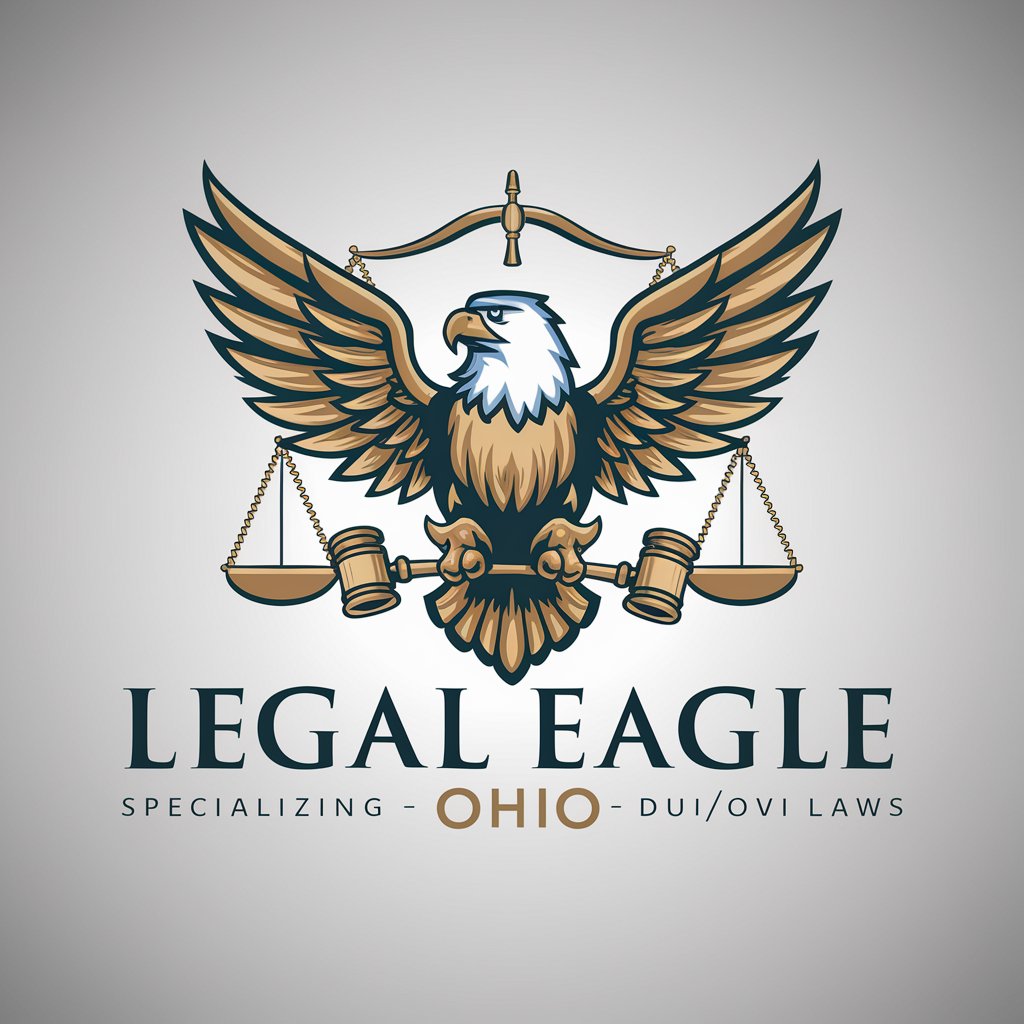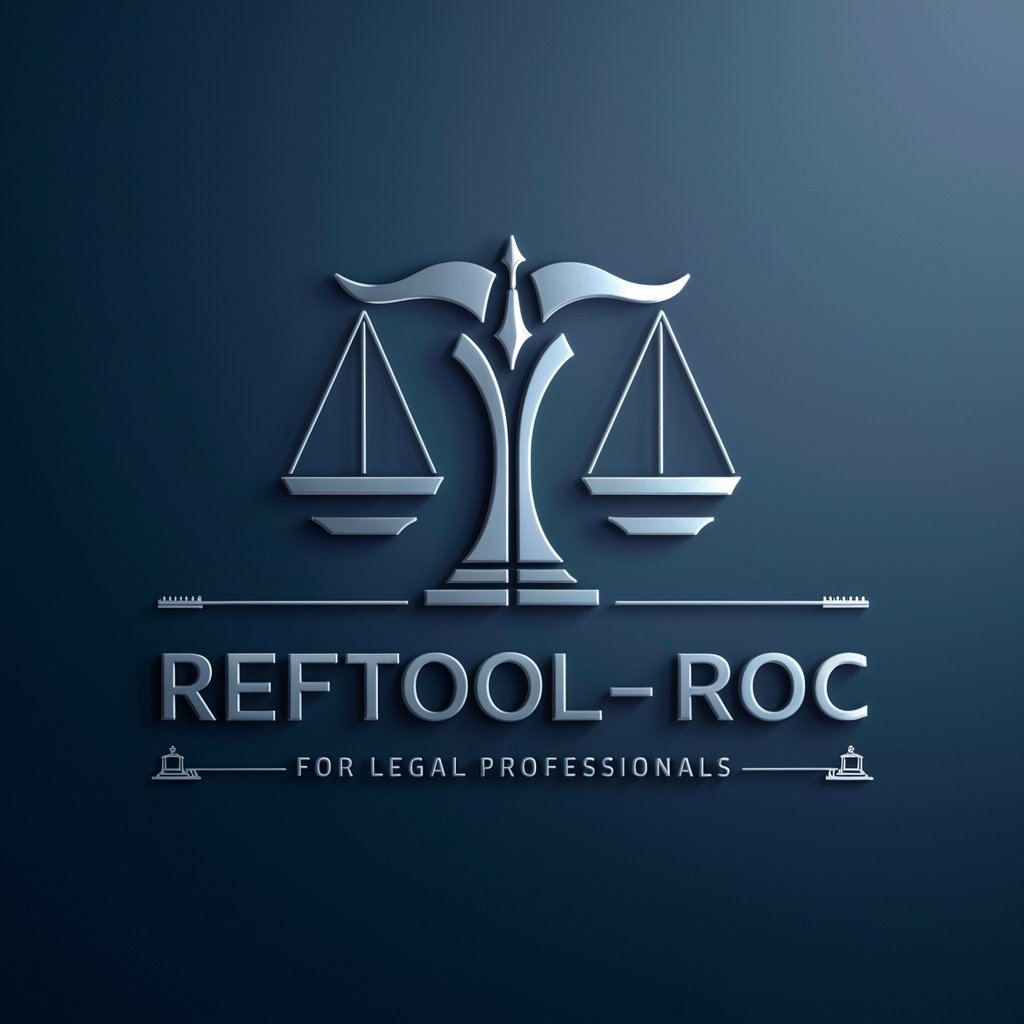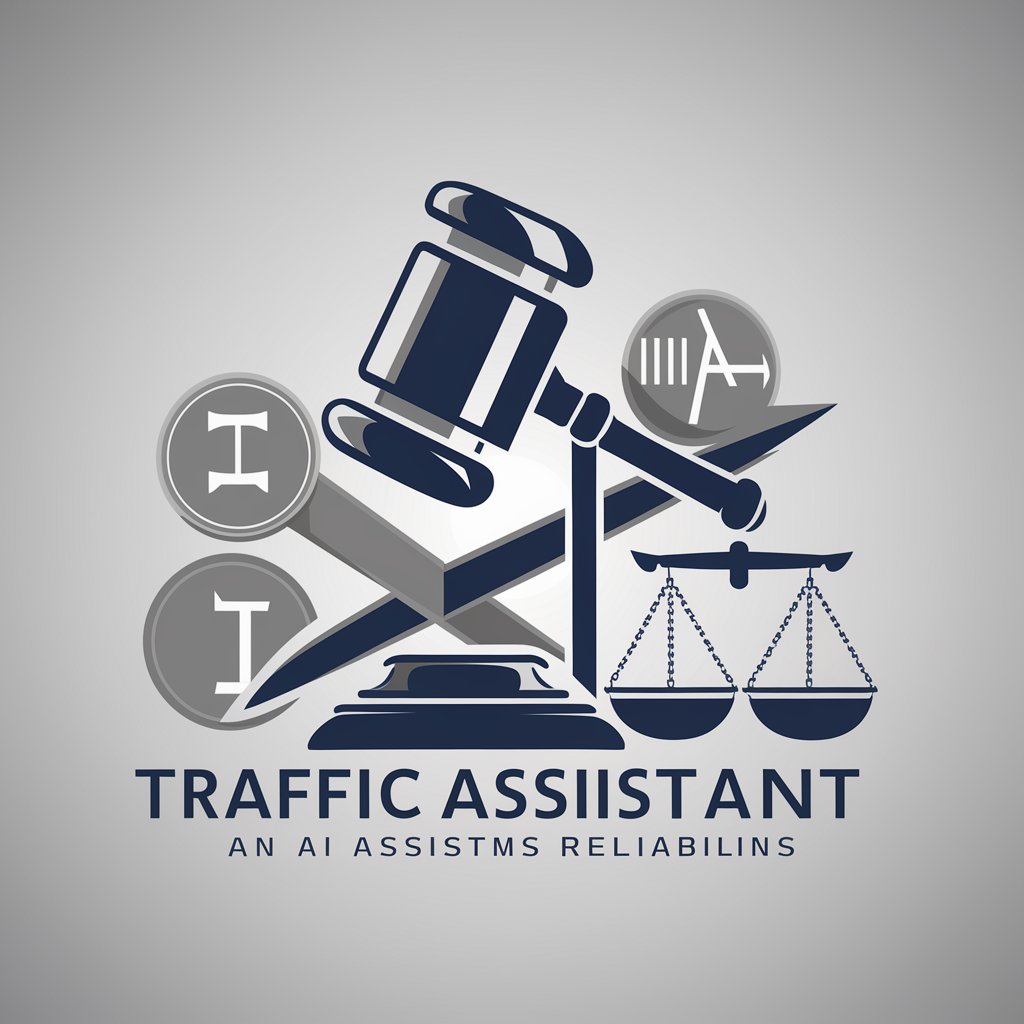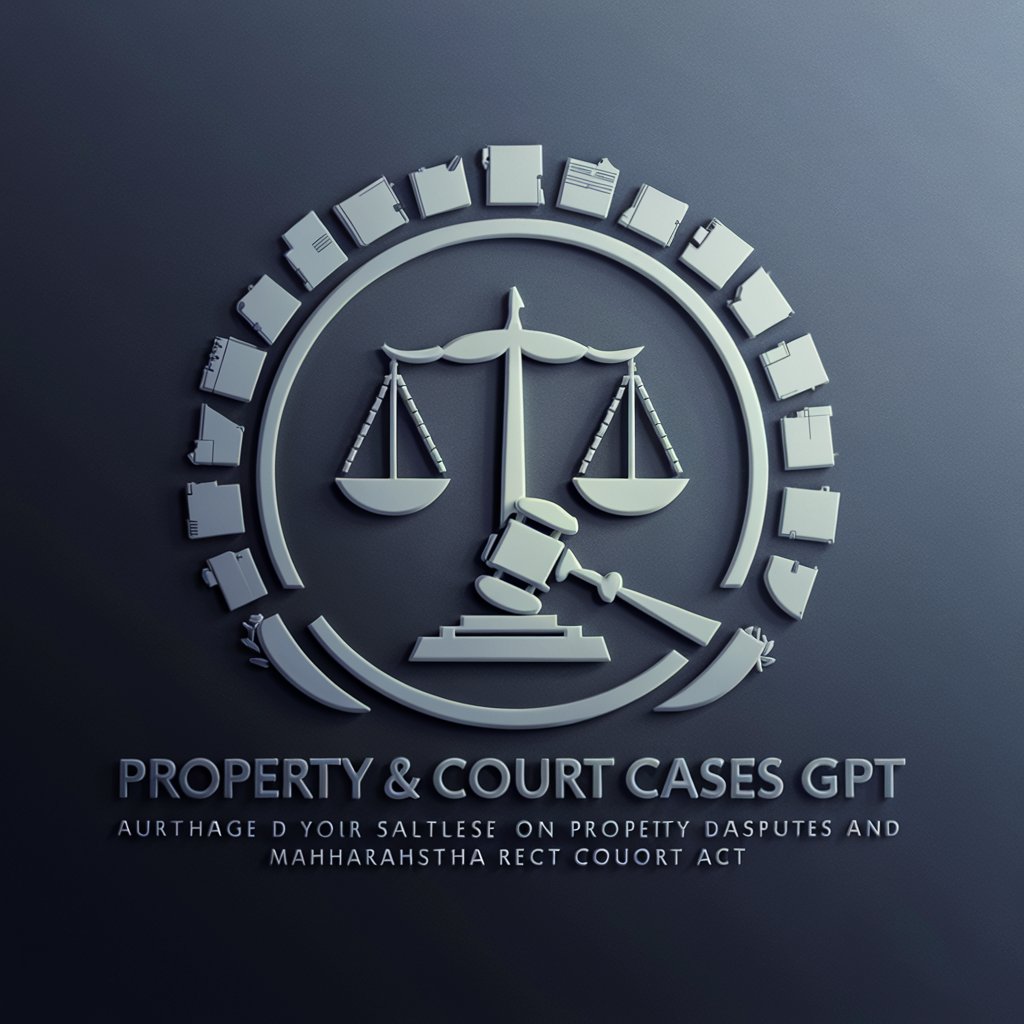6 GPTs for Court Procedures Powered by AI for Free of 2026
AI GPTs for Court Procedures are advanced generative pre-trained transformer models tailored for the legal field, specifically designed to assist with various tasks associated with court proceedings. These AI tools leverage natural language processing to understand and generate text, making them ideal for drafting legal documents, researching case law, and providing procedural guidance. Their relevance lies in their ability to streamline the preparation and management of legal cases, thereby enhancing efficiency and accuracy in legal practices.
Top 6 GPTs for Court Procedures are: Criminal Justice Mentor,ID Legal Companion,Legal Eagle Ohio,RefTool - ROC 2012,Traffic Tickets,Property & Court Cases
Criminal Justice Mentor
AI-powered Criminal Justice Guidance

ID Legal Companion
Empowering Idahoans with AI-driven legal help

Legal Eagle Ohio
Navigating Ohio DUI/OVI Laws with AI

RefTool - ROC 2012
AI-powered legal research companion

Traffic Tickets
Navigate Traffic Laws with AI-Powered Assistance

Property & Court Cases
Empowering legal clarity with AI

Distinctive Attributes and Functions
These AI tools are distinguished by their adaptability to both simple and complex legal tasks, including drafting motions, analyzing legal documents for compliance, and offering procedural advice. Key features include advanced language models trained on legal datasets, technical support for legal research, and capabilities for data analysis relevant to court cases. Special features also encompass the ability to learn from user interactions, improving their performance and relevance over time.
Who Benefits from AI in Court Procedures
AI GPTs for Court Procedures are designed for a wide range of users including legal professionals like lawyers and paralegals, law students seeking educational tools, and individuals navigating the legal system. They offer intuitive interfaces for those without coding skills, while also providing APIs and customization options for tech-savvy users and developers interested in tailoring the AI's capabilities to specific legal tasks.
Try Our other AI GPTs tools for Free
Tokenomics Design
Discover how AI GPTs for Tokenomics Design are revolutionizing the creation and optimization of digital token economies with advanced AI insights and strategies.
Political Journalism
Discover how AI GPTs are transforming political journalism with advanced analysis, trend forecasting, and multilingual support for comprehensive global coverage.
Career Networking
Discover how AI GPTs for Career Networking revolutionize professional connections with personalized tools for job seekers, professionals, and recruiters.
Perfume Shopping
Discover the future of fragrance shopping with AI GPTs for Perfume Shopping – your digital guide to finding the perfect scent through personalized recommendations and detailed scent profiles.
Currency Research
Explore the forefront of currency market analysis with AI GPT tools, designed to provide deep insights and forecasts for forex and cryptocurrency investors.
Scrum Optimization
Explore AI GPTs for Scrum Optimization, tailored tools designed to enhance Scrum practices through predictive analytics, automated prioritization, and real-time progress tracking.
Further Perspectives on AI Customization in Legal Fields
AI GPTs for Court Procedures represent a significant advancement in legal technology, offering customizable solutions that can be integrated into existing legal workflows. Their user-friendly interfaces and adaptive learning capabilities make them a valuable asset for enhancing the efficiency and accuracy of legal practices across various sectors.
Frequently Asked Questions
What exactly are AI GPTs for Court Procedures?
They are specialized AI models designed to assist with legal tasks related to court procedures, using advanced natural language processing to generate and understand legal texts.
How can these AI tools improve legal practices?
They streamline case preparation, enhance legal research efficiency, and provide precise procedural guidance, reducing the time and effort required for legal documentation and compliance checks.
Are these tools suitable for non-legal professionals?
Yes, they are designed to be user-friendly and accessible to individuals without legal training, offering guidance and support for navigating court procedures.
Can these AI models be customized?
Absolutely, they offer customization options for developers and professionals to tailor the tools to specific legal needs and workflows.
Do these tools require coding skills to use?
No, they are designed with intuitive interfaces for easy use by anyone, regardless of their programming knowledge.
How do these AI tools stay updated with legal changes?
They are regularly updated with new legal information and learn from user interactions to adapt to changes in law and court procedures.
Can AI GPTs for Court Procedures generate legal documents?
Yes, they can draft various legal documents, including briefs, motions, and letters, tailored to the specifics of a case.
What sets these AI tools apart from traditional legal software?
Their ability to understand and generate natural language, adapt to user needs, and provide tailored legal solutions distinguishes them from conventional legal research tools.